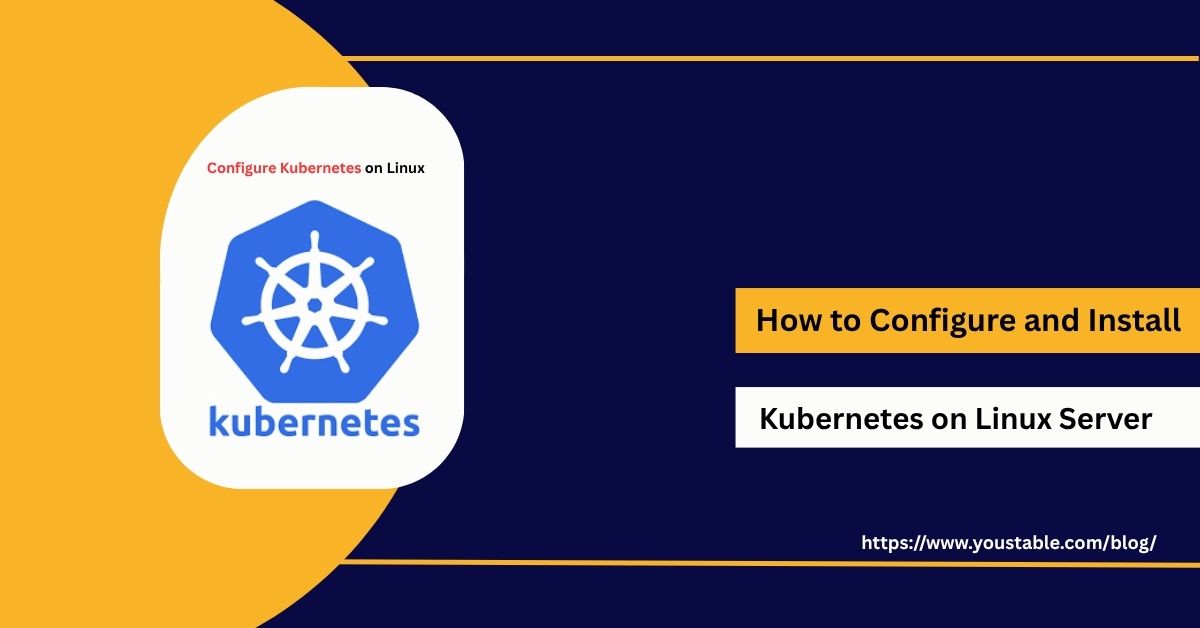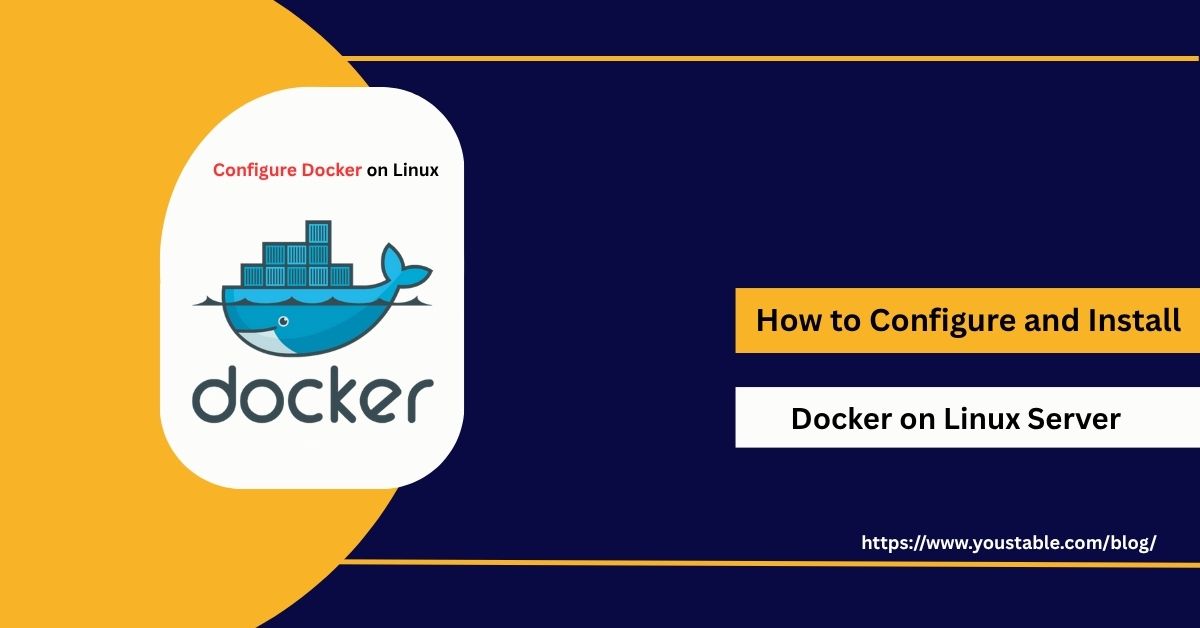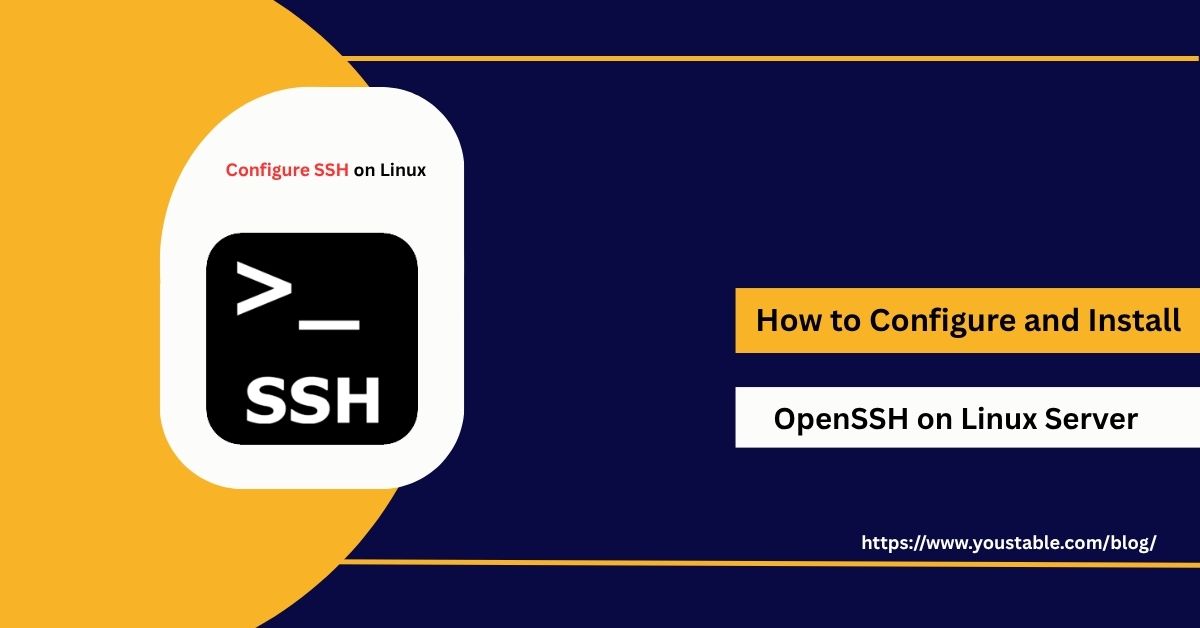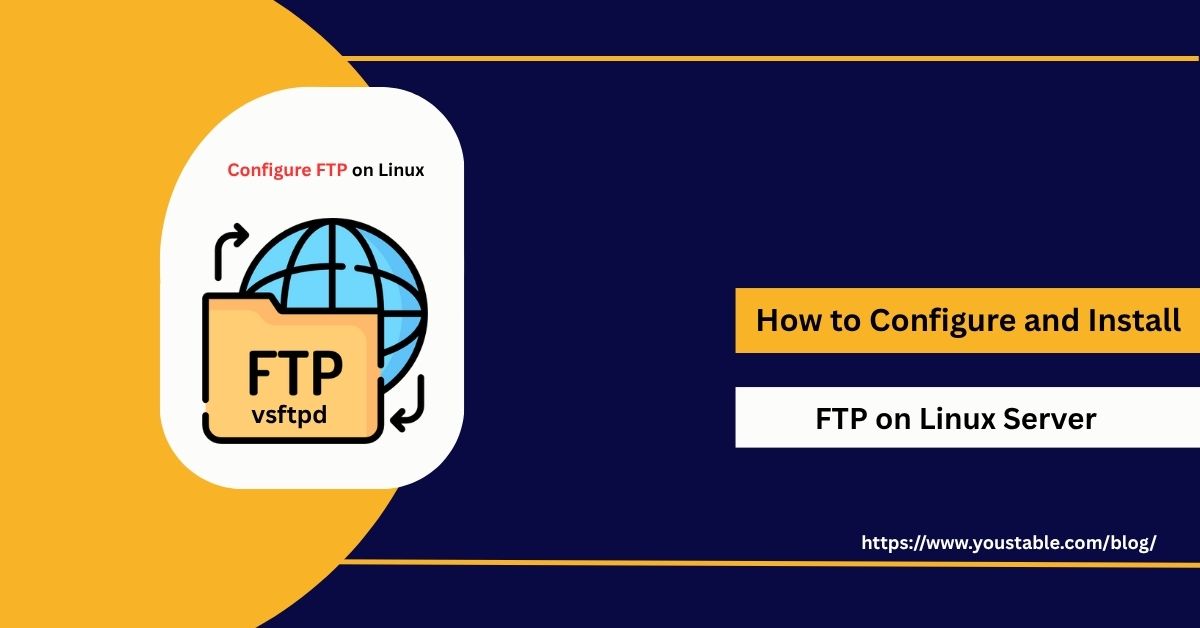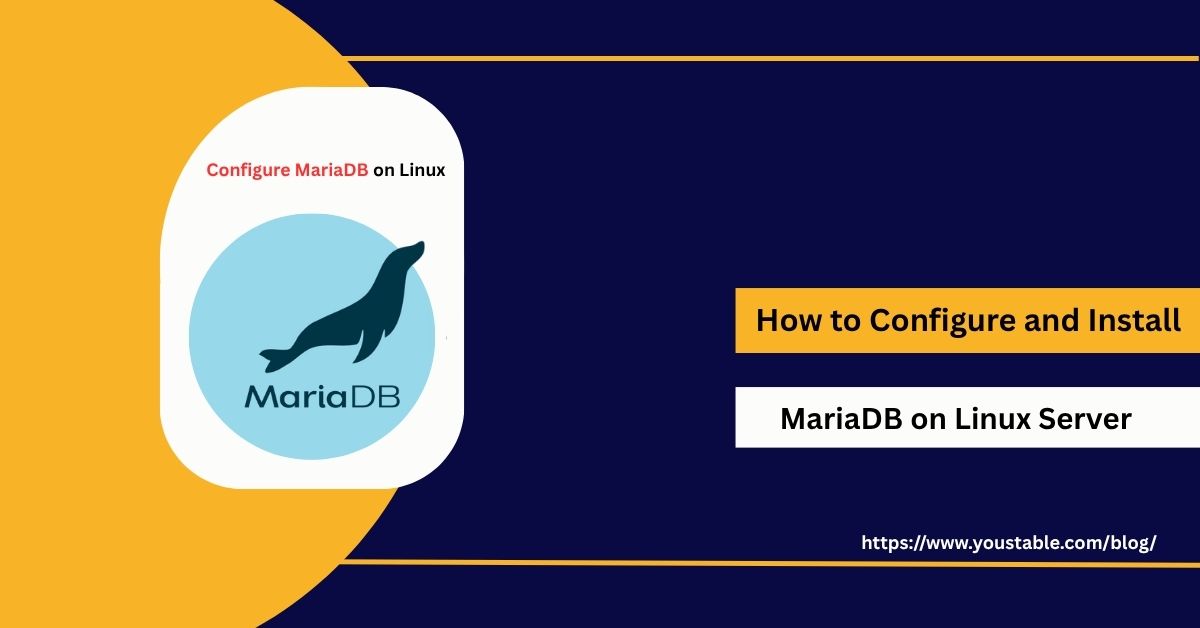Kubernetes (often referred to as K8s) is an open-source platform used to automate the deployment, scaling, and management of containerized applications. It helps developers and system administrators efficiently manage clusters of containers and is one of the most popular tools for container orchestration today. If you’re looking to configure Kubernetes on a Linux server, you’re […]
Docker is a platform that helps developers package and deploy applications in lightweight, portable containers. By using containers, developers can ensure their applications run consistently across any environment. If you’re using a Linux server, configuring Docker can bring you many advantages, including better resource management, faster deployments, and easy scalability. This guide will walk you […]
SSH (Secure Shell) is a cryptographic network protocol that allows secure remote access to Linux servers. It is widely used by system administrators to manage servers and other devices over unsecured networks. SSH offers encrypted communication, making it an essential tool for managing Linux servers securely. Properly configuring SSH ensures that unauthorized access is prevented […]
FTP (File Transfer Protocol) is one of the oldest and most reliable methods for transferring files over a network. It enables users to upload and download files from a remote server, making it a vital tool for many web administrators and developers. However, configuring FTP on Linux servers requires careful attention to detail, especially regarding […]
MariaDB is an open-source relational database management system (RDBMS) that serves as a drop-in replacement for MySQL. Known for its high performance, reliability, and robust security features, MariaDB is widely used in web applications and server environments. Configure MariaDB on a Linux server to ensure the efficient management and security of your databases. In this […]
